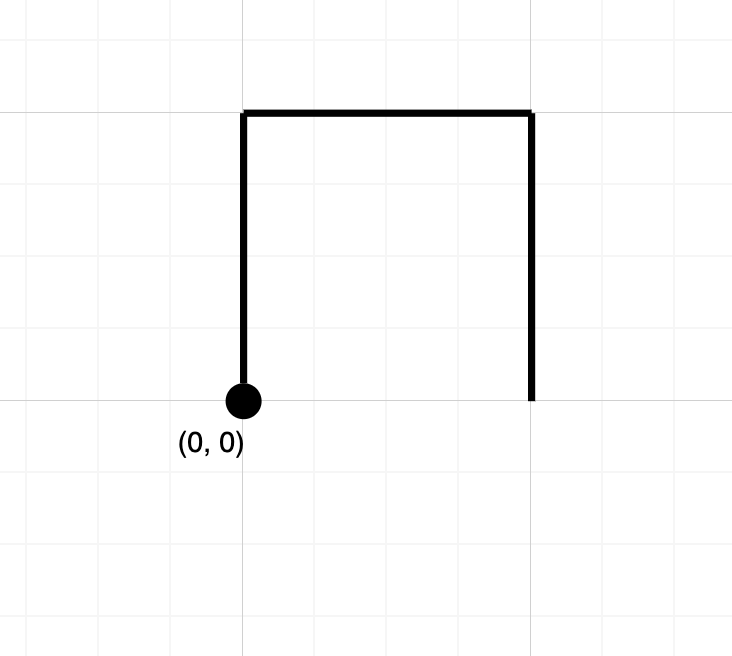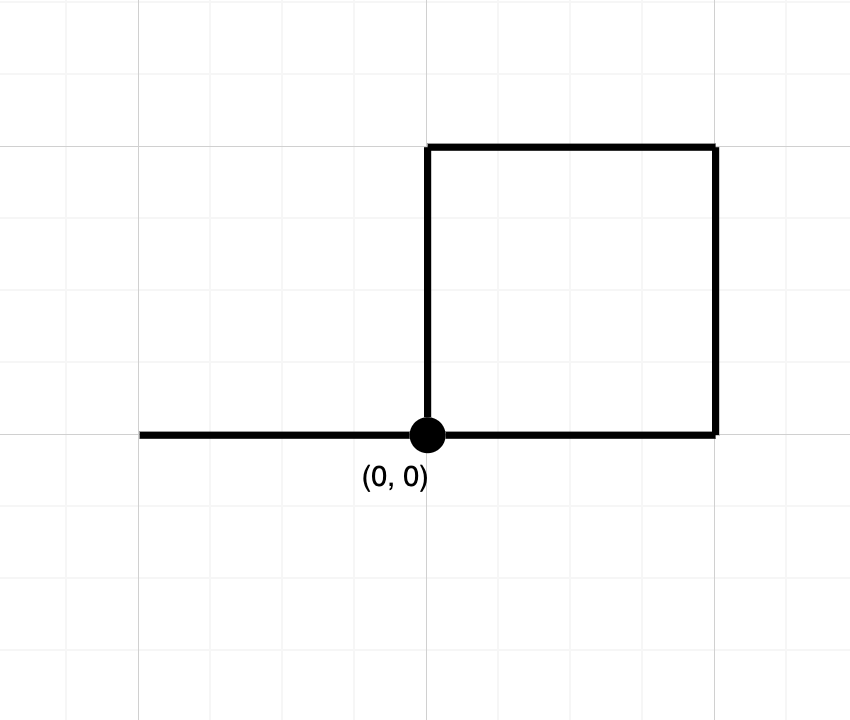Given two non-negative integers low and high. Return the count of odd numbers between low and high (inclusive).
Example 1:
Input: low = 3, high = 7 Output: 3 Explanation: The odd numbers between 3 and 7 are [3,5,7].
Example 2:
Input: low = 8, high = 10 Output: 1 Explanation: The odd numbers between 8 and 10 are [9].
Constraints:
0 <= low <= high <= 10^9
Solution: Math
The count of odd numbers between [1, low – 1] is low / 2
e.g. low = 6, we have [1,3,5] in range [1, 5] and count is 6/2 = 3.
The count of odd numbers between [1, high] is (high + 1) / 2
e.g. high = 7, we have [1,3,5,7] in range [1, 7] and count is (7+1) / 2 = 4
Then the count of odd numbers in range [low, high] = count(1, high) – count(1, low-1)
e.g. in range [6, 7] we only have [7], count: 4 – 3 = 1
ans = (high + 1) / 2 – low / 2
Time complexity: O(1)
Space complexity: O(1)
C++
|
1 2 3 4 5 6 7 |
// Author: Huahua class Solution { public: int countOdds(int low, int high) { return (high + 1) / 2 - low / 2; } }; |

